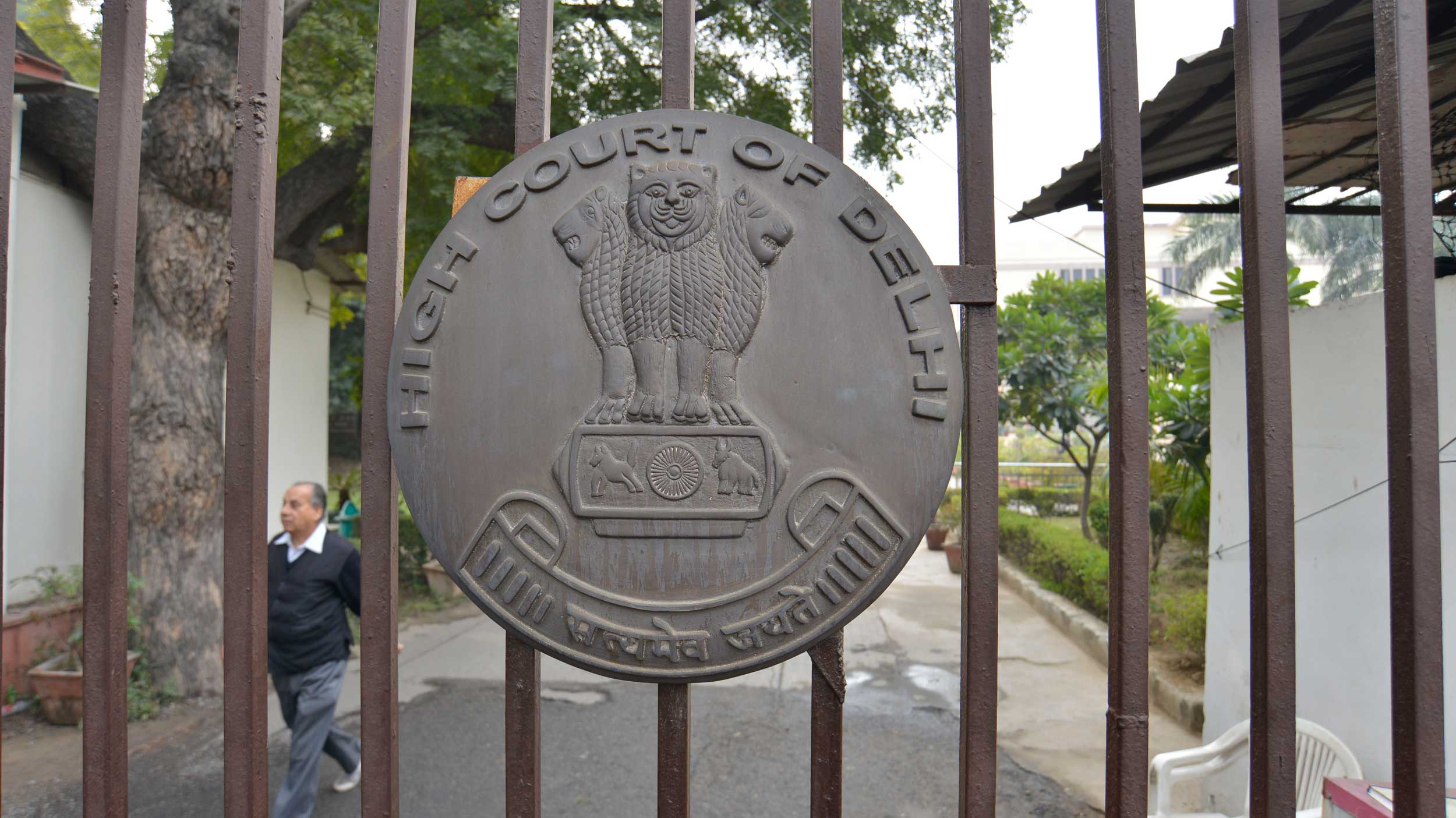Delhi High Court on Tuesday sought the Centre’s response on a plea challenging the new rules regulating digital news media, responding to an appeal that dubbed them palpably illegal in seeking to control online platforms.
A bench of Chief Justice D.N. Patel and Justice Jasmeet Singh issued notices to the ministry of electronics and information technology and the ministry of information and technology, and granted them time to file their response.
The high court was hearing a petition filed by the Foundation for Independent Journalism that said the Information Technology (Intermediary Guidelines and Digital Media Ethics Code) Rules, 2021, issued by the government on February 25 were palpably illegal in seeking to control and regulate digital news media when the parent IT Act nowhere provides for such a remit.
The plea said the new IT rules had profound and serious harms for digital news media outlets like the petitioner and destructive of their rights. It sought to declare the “IT rules as void and inoperative insofar as these define and apply to publishers of news and current affairs content”.
Besides the Foundation for Independent Journalism, the other two petitioners are its director and founding editor of The Wire news portal, Mangalam Kesavan Venu, and founder and editor-in-chief of The News Minute, Dhanya Rajendran.
The petitioners urged the high court to grant them interim protection so that no coercive steps are taken against digital news media outlets by the authorities till the next date of hearing on April 16. The bench said the petitioners may move the court with an application if any coercive action is taken.
Advocate Nitya Ramakrishnan, representing the petitioners, contended that regulation of news content is not within the Information Technology (IT) Act’s purpose and added that she was not at all saying that news media was beyond regulation.
“The new rules go far beyond anything that is permissible in a democracy,” she argued.
The petition has challenged the new rules as being ultra vires the IT Act, as they set up a classification of “publishers of news and current affairs content” as part of “digital media”, and seek to regulate news portals by imposing government oversight and a “code of ethics” that stipulates such vague conditions as “good taste” and “decency”.











